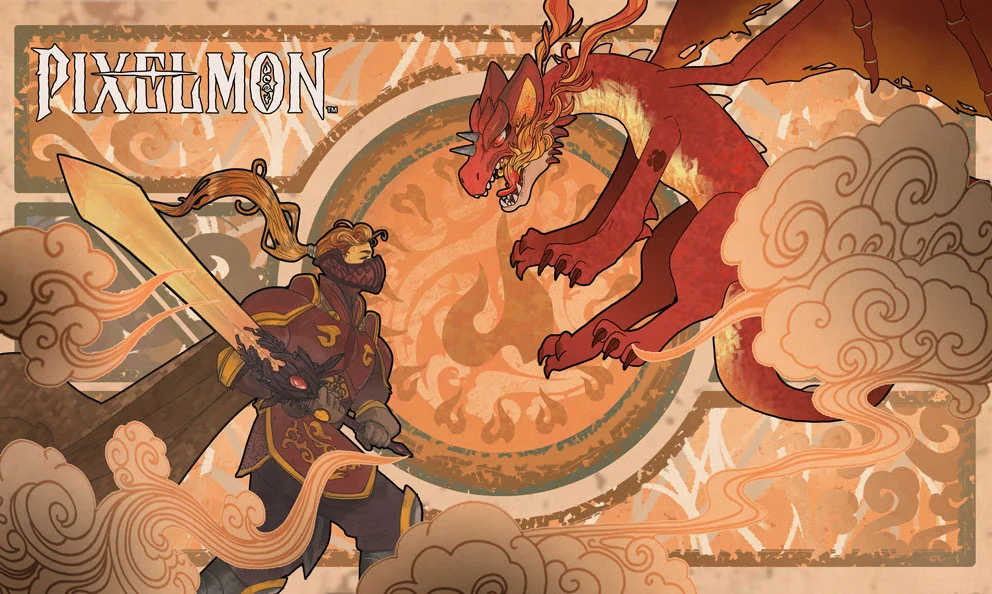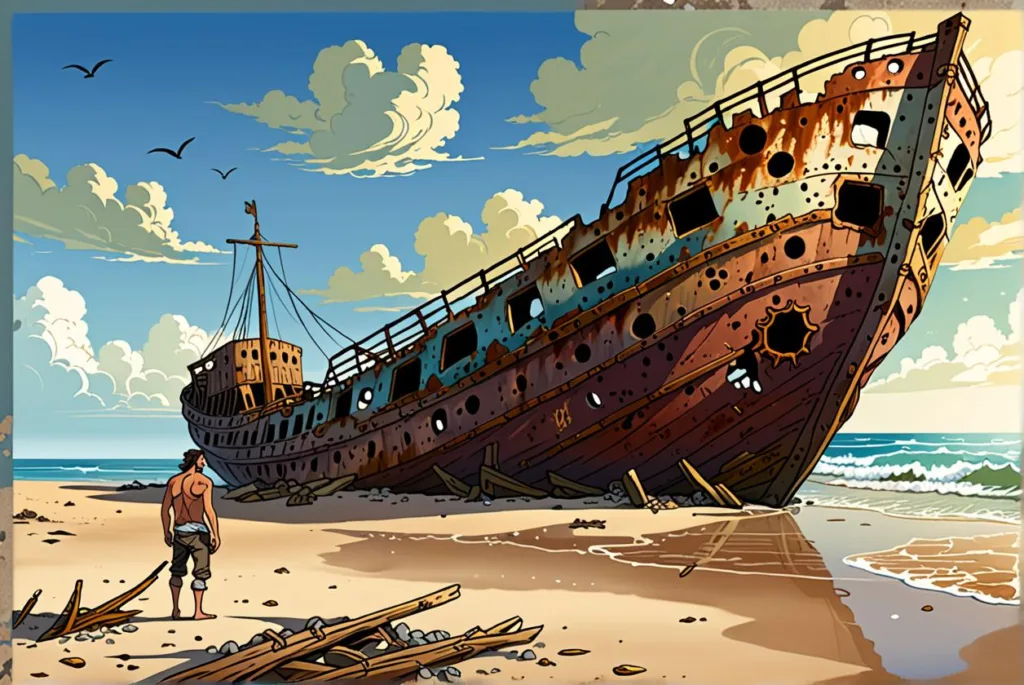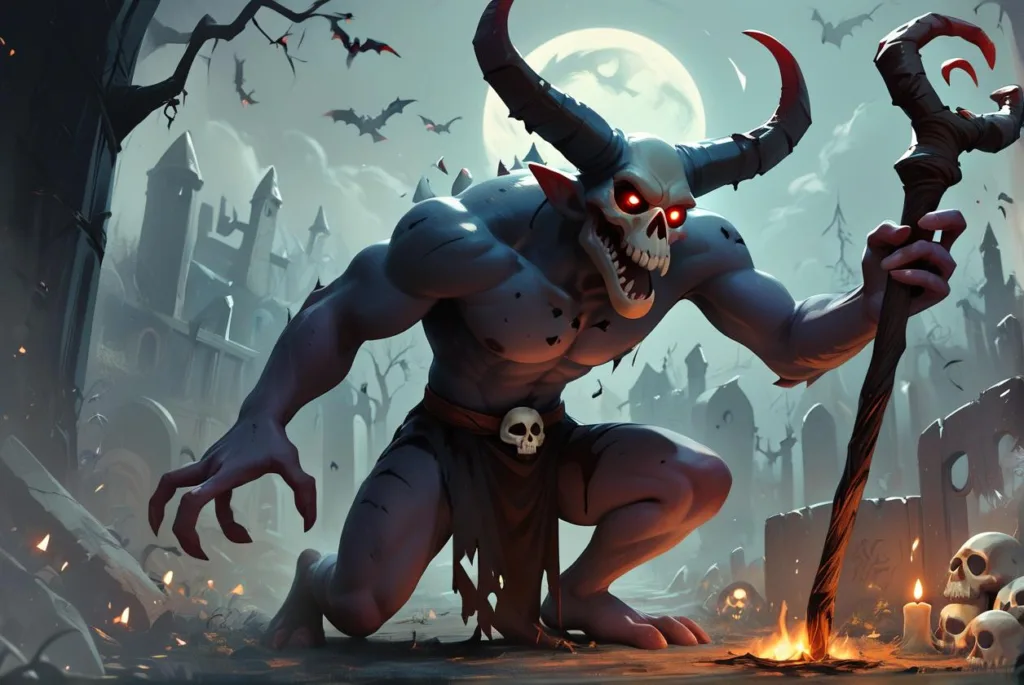5 Tips on Writing: With Jonathan Funcke
Greetings, dear reader. First, let me express the foundation of my writing philosophy: Words hold power. If there is one takeaway from this blog post, that would be it!
Conveying more with less showcases the care and thought you put into the content you wish to impart. Everyone has varying mental bandwidth for focus, so let’s complete this self-introduction succinctly.
I’ve dedicated myself these past dozen years to studying many forms of storytelling, from stageplays to cinema, literature, and games, to answer a simple question: What is the secret to immersion?
This journey has led me to work with small writing circles and giants such as Riot Games. I’ve taught in film schools and even tackled cutting-edge content in the tech industry. I never predicted that one day, I’d be training an AI how to transform dry academic research into engaging activities! Currently, I’m experimenting within the marketing industry to create satisfactory activations to supplant the standard passivity methods.
That’s the gist: I’m an eternal academic, obsessed with immersion, bouncing around many fields with a giant grin. Will you stay awhile and listen?
Hooking Your Audience

A hook creates the desire to see the payoff, so beware of the dangers of this fishing analogy. A hook is only the first step in creating the experience, and you must consider how it aligns with the project as a whole. Your audience is people, not fish. Dissatisfaction is borderline criminal in entertainment, so in keeping this analogy alive, you want to catch AND release.
Picture this: a story with a promising start, a hook that pulls you in, only to end with a weak, unsatisfying payoff. How often has this left you feeling disappointed and disengaged? A good hook with a weak payoff retroactively damages the entire experience. And the question is, how likely are you to return to that same story or go to its sequel? The answer is likely ‘No thanks!’
A hook is powerful because we naturally crave closure when presented with one. We want to know what happens because a curiosity gap has formed. Applying this in reverse, what question do you want your audience to have after experiencing your hook?
Understanding how your hook and payoffs connect will allow you to create a satisfying experience. Ultimately, all storytelling is a series of well-connected setups and payoffs that end with a worthwhile conclusion. I call this Domino Storytelling, which ideally leads us into the next section…
Mastering Plot Development

Some stories are incredible, whereas others are utterly forgettable. Why?
I suspect the simple reason is that writers begin conceiving the most fun and exciting elements. The dramatic beginning and grand finale are usually the first established because they provide a pleasant overview of
the
journey. Still, at a cost
…
because sometimes our pesky characters don’t want to go that way once you start writing! And when we force them to, the audience suffers as a result.
Side note:
If you reach a point where your characters start making their own choices despite your objectives, then you’ve done a fantastic job developing them. Celebrate the milestone.
I formed Domino Storytelling as a way to alleviate the grinding plot problem.
Try to
describe your story as a series of cascading events rather than steps. Replace the phrase “And then…” with “Resulting in…” and you’ll immediately notice contrivances and weaknesses in your plot. Domino storytelling reframes the flow of actions as a consequence of everything that happened before, creating a natural and believable conclusion. As a result, your story becomes memorable since you can replay the chain reaction in your mind.
You may have to rewrite entire sections, but it’s worth it because when the flow of your story is
true
to the heart of your cast, it leads to even more excellent outcomes than if you had stuck to the initial ideas and forced your cast to reach them. Harking back to setups and payoffs, the clashing desires of the cast and their struggles toward them are some of the most powerful hooks you can use.
TLDR:
A plot may be a series of events, but the heart behind actions makes a story memorable, thus a great plot are actually reactions.
Effective World-Building Strategies
Know when to stop. Seriously stop.
Creating a mythology for your world can be enticing and fun, but it isn’t very sensible if the story you’re writing never uses it. Time is a precious resource.
Worldbuilding can be a sweet trap that keeps writers occupied for years without achieving much of anything. I’m just as guilty of this. Understand your story’s needs and how the world will support them. That’s it. The world must make sense to you as the writer, but not every tiny detail needs to be created for a lore document no one will ever read. That’s simply busy work and procrastination. Lost time that could have been spent on the story your audience will read. Remember, a story is about the heart of your cast, not the number of tiles in a long-lost kingdom’s royal bath chambers!
Techniques for Character Development

The amount of change must be in proportion to the severity of the incident. A vile murderer cannot be believably redeemed after stubbing their toe, nor can your protagonist become a hero by walking to the conclusion with barely an inconvenience. When it comes to character development, you must understand the core of the character’s motivations before the incident and how the incident will influence their actions moving forward. Remember, with the domino storytelling, every action causes a reaction; this also applies to character development.
One more quick tip: Necessity is a powerful tool but can rob a character’s agency if overused. A good character is given space to make the right or wrong choices.
Crafting Meaningful Decisions
Meaningful choices do not exist inside a vacuum, they are part of the world and story and thus influence it. When said choice has a rippling effect on the rest of the story. It can be as simple as introducing a new line of thought, foreshadowing a change of heart, or the unintended trigger for an unexpected disaster. It exists because it becomes a reason.
What are your strengths in writing and narrative design?
I always try to approach the story from multiple perspectives. Most importantly that of the characters in the world and the audience witnessing them. I’ve found that by shifting my perspectives allows me to avoid neglecting the needs of everyone.
Exploring Favorites

Without a doubt, Frostpunk. The story of this game forces you to balance the weight of morality against the brutal needs of necessity. Ensuring the city’s survival while maintaining one’s humanity is incredibly rewarding despite the difficulty and temptation to cast it aside.
Which games or stories have you worked on?
- Contribute to the lore of League of Legends, including a champion design.
- Worldbuilding for Pixelmon and support for the upcoming Netflix series.
- Written several stage and screenplays for film festivals.
- Freelanced for several small indie game developers.
A Wish for Interactive Audio Stories
I’d love to listen to an interactive audio story of a Frostpunk city with a cast involving the factions and the leader. Watching the straining relationships between everyone as the weight of a cruel world builds up the pressure. Will the city fall into a dictatorship or a zealous cult? Buried by snow and wind? Or will it survive with humanity’s soul intact thanks to the everyone’s choices?
Register for our Free Writing Workshop now!
If you are interested in creating your own interactive audio story, you can apply for our free webinar! It will introduce you to our interactive story game engine, TWIST, and teach you how to use it to create interactive audio stories.
Interested in contributing to our blog series?
If you would also like to publish a blog post on our website and share your own story with interested readers, simply fill out the contact form.





